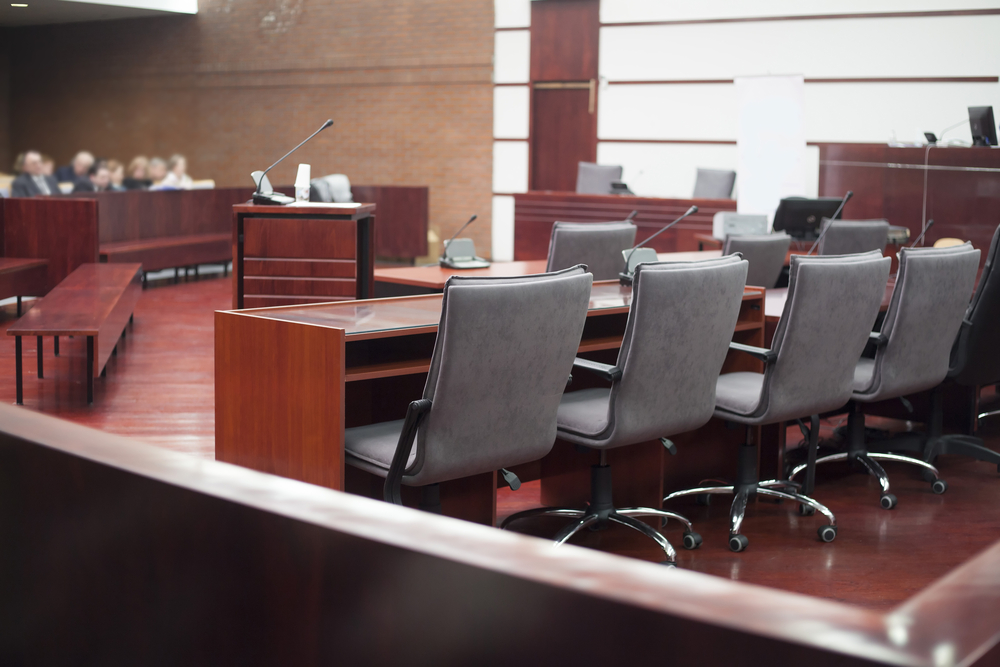
What Is And Isn’t Admissible In Court?
Success in a criminal trial often hinges on your and your legal team’s ability to provide evidence supporting your innocence. That said, a criminal attorney in Philadelphia wants you to know that any evidence used in a court setting must be ruled admissible.
Admissible Evidence Overview
Prior to being designated as official evidence, several factors play into classifying said material as admissible or inadmissible. Any piece of evidence entered into consideration is differentiated into two distinct categories, relevant and reliable.
Relevant means the presented material either demonstrates or contradicts a given fact or theory put forth as the case progresses. Reliability refers to the evidence’s source. In most cases, this references witness testimony. For example, if the witness in question has a shady record, the information they provide might be considered questionable in nature.
Inadmissible Evidence
Your white collar crime attorney in Philadelphia stresses that evidence might be labeled inadmissible under the following circumstances:
Provides Misleading Information
Such testimony tends to attempt to mislead juries or other ruling parties away from the issue at hand. A solid example of this is an accused party’s lifestyle traits being used against them in a criminal proceeding.
Fails To Meet The Expert Testimony Criteria
As its name implies, expert testimony is only permissible if offered by individuals deemed experts on the topic in question. Persons not considered experts cannot offer such expertise.
Is Considered Hearsay
This occurs when one party attempts to enter third-party evidence into a legal proceeding. For example, courts will not consider claims that one individual made against the other regarding events unrelated to the issue at hand or without documented proof backing up such claims.
Appears To Be Prejudicial
Evidence is almost always considered inadmissible if said material is prejudicial. Examples of such evidence are statements coming from individuals holding leaning biases or presented to solely arouse anger or any other type of negative emotion.
Serves No Additional Purpose
Sometimes, certain pieces of evidence serve no intended purpose. A case in point is endless witness testimony demonstrating a trial participant holds a specific personality trait. After a while, all such efforts slow down the proceeding’s progress and waste precious time.
Determining Admissible Evidence
As evidence is the backbone of any legal undertaking, said material must be carefully reviewed and analyzed. Therefore, if you are facing possible criminal charges and know of or possess evidence you believe supports your innocence, you are firmly urged to consult with an experienced criminal defense attorney such as those employed at the Brennan Law Offices.
We are a skilled team of knowledgeable lawyers with a proven track record in criminal cases. Contact us today to learn more today.




